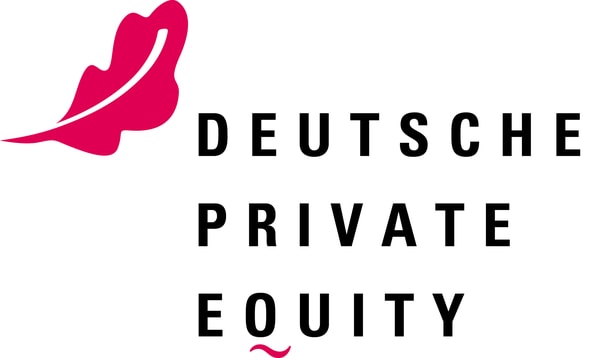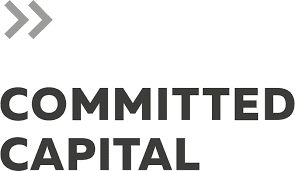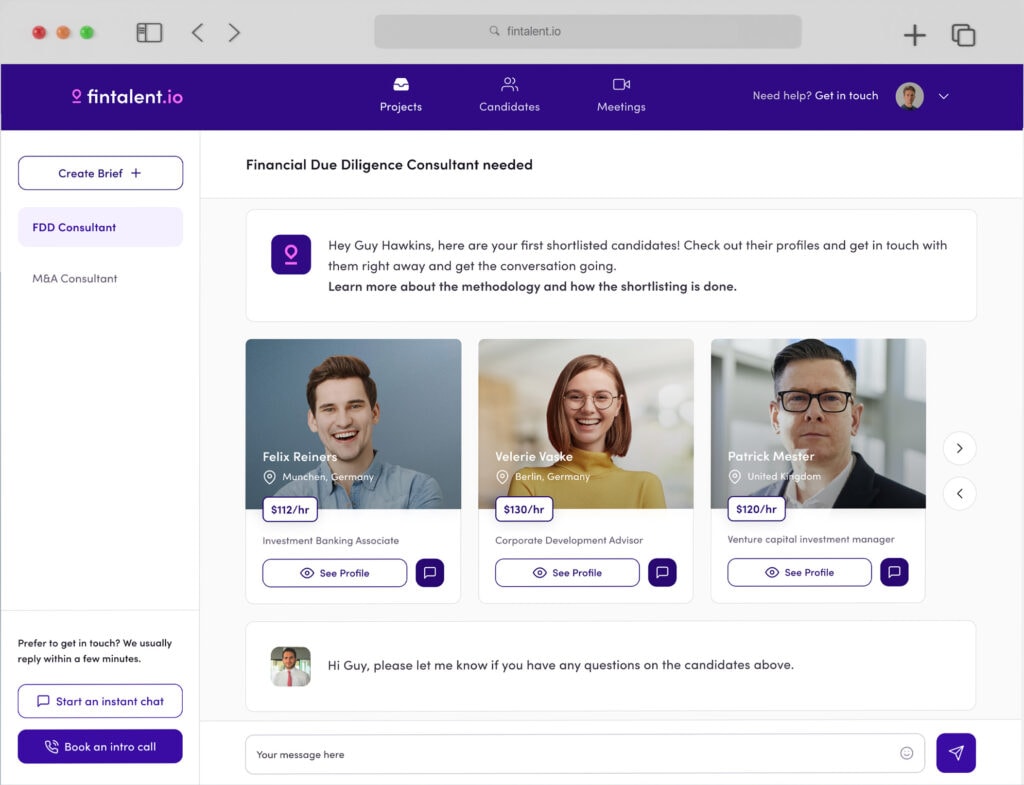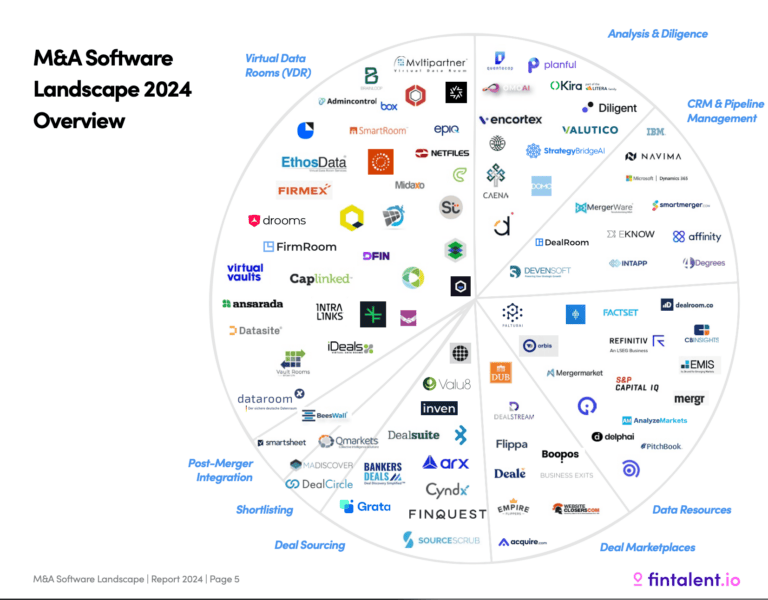What is Strategic Controlling?
Strategic controlling refers to the process of planning, monitoring, and managing an organization’s strategic objectives and goals. It involves assessing both the internal and external environment in which the organization operates to ensure that strategic goals are achievable, aligned with the organizational vision, and adapt to changes effectively. This form of controlling focuses on long-term objectives and involves making decisions that shape the future direction of the company, as opposed to operational controlling, which focuses on short-term activities and efficiencies.
What is the role of strategic controlling within controlling?
Within the broader scope of controlling, strategic controlling plays a pivotal role in steering the organization towards its long-term objectives. It ensures that the company’s strategy aligns with its mission and vision, and it provides the framework for evaluating strategic initiatives’ performance. Strategic controlling facilitates decision-making processes by providing insights and analysis on market trends, competitive landscapes, and internal capabilities. It acts as a bridge between the organization’s strategic management and operational controlling, ensuring that long-term plans are executable and monitored at the operational level.
How can a consultant help businesses with strategic controlling?
A consultant specializing in strategic controlling can offer expertise and an external perspective critical for identifying opportunities and threats that internal stakeholders might overlook. They can assist in developing and refining the organization’s strategic goals, ensuring these are both ambitious and attainable. Consultants can also help implement best practices for strategic analysis, planning, and execution. They may introduce frameworks and tools for better decision-making, risk management, and performance monitoring. Additionally, consultants can provide training and development to the organization’s staff, enhancing their strategic thinking and planning capabilities.
What frameworks and processes are typically employed for strategic controlling?
Strategic controlling commonly employs several frameworks and processes, including SWOT analysis (Strengths, Weaknesses, Opportunities, Threats), PESTEL analysis (Political, Economic, Social, Technological, Environmental, Legal), Balanced Scorecard, and Scenario Planning. These tools help in the comprehensive analysis of both the internal environment and external factors affecting the organization. Strategic controlling processes often involve strategic planning cycles, which include setting objectives, devising strategies, implementing plans, and monitoring and evaluating outcomes. These processes ensure that strategic decisions are data-driven and adaptable to changes in the business environment.
How is strategic controlling different for different types of businesses?
Strategic controlling differs among businesses based on their size, industry, market position, and strategic objectives. For instance, startups might focus on market entry strategies and rapid growth, requiring agile and flexible strategic controlling processes. In contrast, established corporations might emphasize market dominance, diversification, and sustainability, requiring more complex strategic analyses and planning frameworks. Moreover, the external environment’s impact varies by industry, necessitating industry-specific strategic controlling approaches to address unique challenges and opportunities.
What are the key characteristics and skills a strategic controller should have?
A strategic controller should possess analytical thinking and strategic planning skills, enabling them to evaluate complex situations and develop effective strategies. Strong financial acumen is crucial to understand and interpret financial data and its implications on strategic decisions. They should also have excellent communication and leadership skills to articulate strategic visions and influence decision-making processes. Adaptability and problem-solving abilities are essential, as they must navigate uncertainties and rapidly changing business environments.
What is the role of strategic controlling in the context of M&A and post-merger integration?
In the context of mergers and acquisitions (M&A) and post-merger integration, strategic controlling plays a critical role in ensuring the success of these complex processes. Strategic controlling aids in identifying and evaluating potential M&A opportunities, assessing them for strategic fit and alignment with the organization’s long-term goals. It involves thorough due diligence, analyzing financials, operations, and synergies to ensure that the acquisition or merger will deliver the intended value.
During the post-merger integration phase, strategic controlling focuses on realizing the identified synergies and ensuring that the integration process aligns with the strategic objectives set out during the M&A planning phase. This includes overseeing the integration of operations, cultures, and systems, monitoring performance against expected outcomes, and making necessary adjustments to strategies and plans. Strategic controlling ensures that the merged entity achieves operational efficiencies, market expansion, or any other strategic goals set forth, effectively managing risks and capturing the intended value from the M&A activity.


























